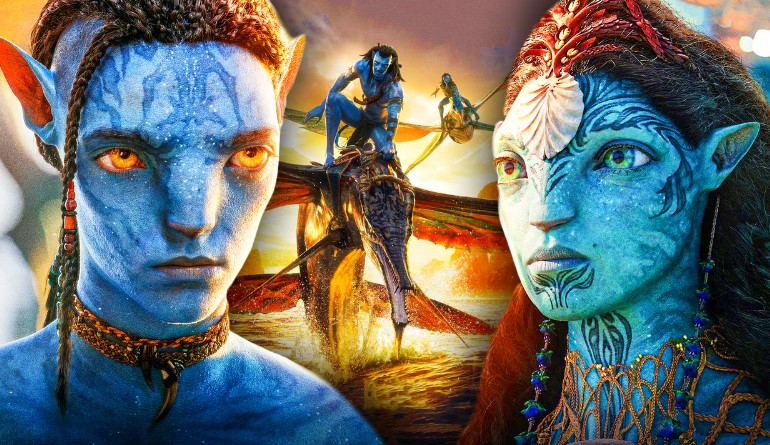Avatar 3 Unveils a New Twist: The Dark Side of Pandora's Na'vi

- Country:
- United States
Spoiler Alert: This article contains spoilers. Proceed with caution if you have not watched the show/movie.
As we anticipate the release of 'Avatar 3', the third installment in James Cameron's groundbreaking sci-fi saga, a significant shift in narrative focus has stirred the fanbase. Set in the mesmerizing world of Pandora, 'Avatar 3' is poised to delve deeper into the complexities of its indigenous inhabitants, the Na'vi, showcasing a darker side to their society. This shift marks a bold departure from the simplistic dichotomy of good versus evil that was established in the first two films, 'Avatar' and 'Avatar: The Way of Water'.
The original Avatar film, released in 2009, captivated audiences with its stunning visual effects and a straightforward narrative. It depicted the Na'vi as noble, peaceful beings defending their home against the invasive and resource-hungry human forces. This portrayal resonated with audiences globally, symbolizing a universal struggle against imperialism and the exploitation of natural resources. The sequel, Avatar: The Way of Water, continued this narrative, although it faced criticism for its lack of narrative depth, despite its visual spectacle.
In contrast, 'Avatar 3' promises to challenge this black-and-white moral perspective. By introducing villainous elements within the Na'vi society, Cameron aims to reveal a more morally ambiguous world, where the line between good and evil is blurred. This approach not only adds depth to the Na'vi characters but also reflects real-world complexities, where societies are not monolithically good or evil.
Also Read: Enola Holmes 3 Updates: Cast, Release Date, and What to Expect
However, this narrative shift is not without its risks. It challenges the foundational ethos of the Avatar franchise, which lies in its clear stance against imperialism and environmental destruction. By humanizing the Na'vi's darker aspects, Cameron risks diluting the powerful anti-imperialist message that made the original film particularly compelling.
Moreover, this new direction could potentially alter the franchise's appeal. The simplicity of the original narrative was a key factor in its widespread success, resonating with a broad audience. Introducing moral ambiguity might make the storyline more realistic and nuanced, but it could also alienate fans who appreciated the clear-cut narrative of the earlier films.
In essence, 'Avatar 3' stands at a crossroads. On one hand, it has the opportunity to evolve the franchise into a more complex and mature narrative, reflecting the multifaceted nature of societies. On the other, it risks undermining the foundational principles that made 'Avatar' a cultural phenomenon. As Cameron ventures into this new territory, it remains to be seen whether 'Avatar 3' will enhance the legacy of the franchise or detract from its original charm.
Source: Screen Rant









